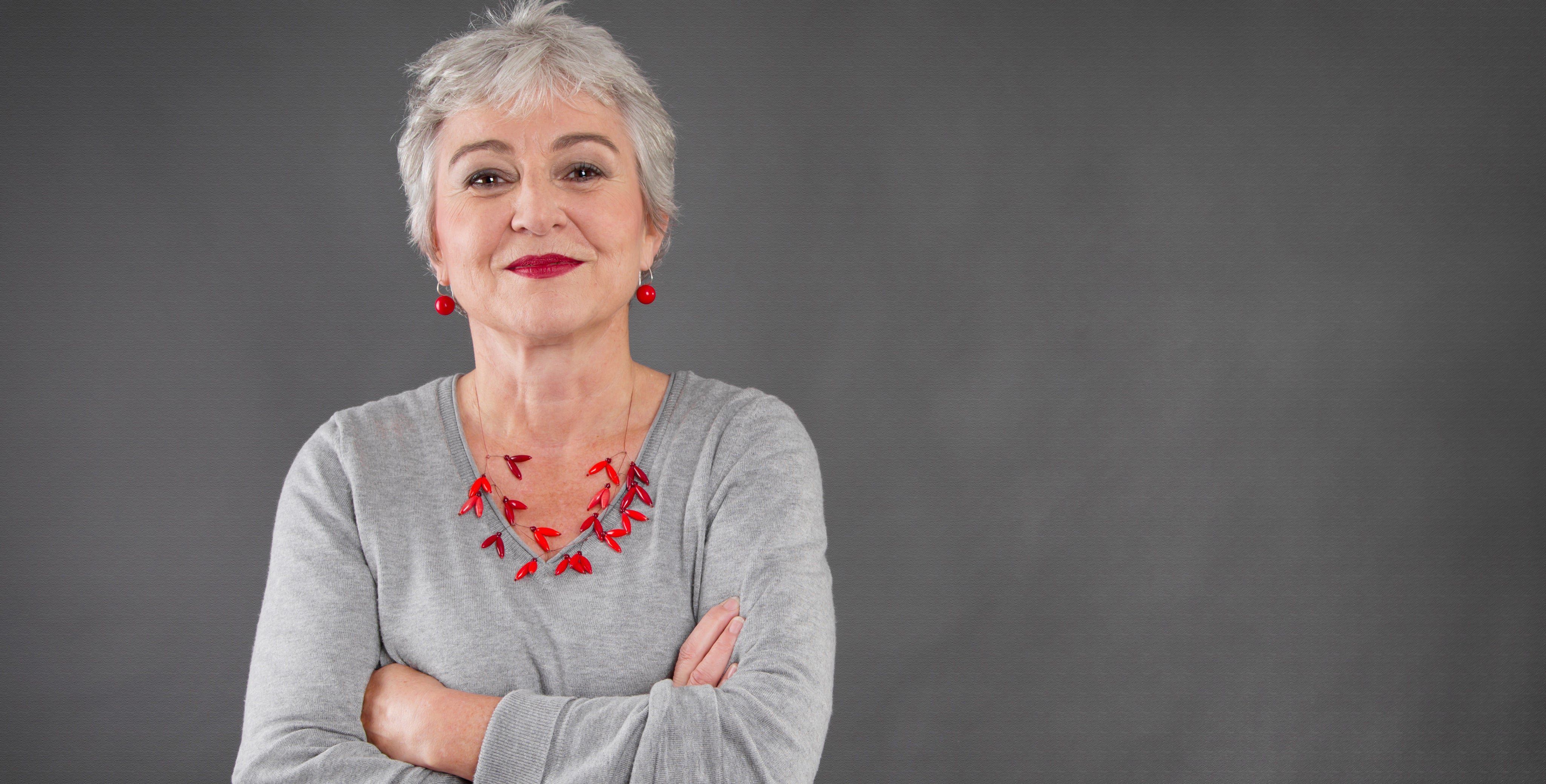The path to a strong ego

A strong self-confidence gives us a great deal of freedom and lightness. It frees us from nagging self-doubt and fears, allows us to start new things with curiosity and courage, and makes our dealings with others open and friendly and relaxed. Self-confidence protects us because we defend our boundaries and also say no sometimes, it makes us and our lives authentic because we clearly represent our convictions and make decisions independently. With healthy self-confidence, we live the life that suits us, we enjoy it, we savor it.
The right attitude ensures poise
A self-confident person already radiates their posture physically: Upright, open and calm without nervous gestures and with direct eye contact. Such a posture comes across as likeable and confidence-inspiring. A self-confident person does not find it difficult to approach others and make contact. They quickly strike up a conversation.
If you are aware of your strengths and talents and know your abilities, you can trust them. And with this confidence, they can set and pursue goals. A self-confident person is also able to defend their own interests and protect them. If mistakes are made, they are admitted; a self-confident person takes responsibility.
How does self-confidence develop?
To some extent, the degree of self-confidence depends on genes. However, even stronger influence is exerted by a child's imprint and environment. If parents can convey to their child that they are a valuable, loved person, they make a decisive contribution to the development of self-confidence. Social acceptance is also an important factor for stable self-confidence; exclusion through bullying or discrimination weakens self-esteem.
How self-confident are you? Take the test!
Which statements apply to you?- I often feel uncomfortable in unfamiliar situations.
- I am afraid of making mistakes.
- I rarely dare to express my opinion
- I like to swallow problems.
- I find it difficult to say "no".
- I am particularly in need of harmony.
- I'm afraid of criticism from others.
- I often wonder how I come across to others.
- I avoid conflicts.
- I find it difficult to complain about injustice.
- I try to please others.
- I find it difficult to assert my demands.
- I am bad at rejecting the wishes of others.
- I think a lot and often start to brood.
- I often feel guilty or ashamed.
- I find it difficult to maintain eye contact.
- I often compare myself to other people.
- I prefer to wait and see instead of taking action.
- I often have the feeling of being inferior to others.
Tips for stronger self-confidence
Improve your posture
Our posture corresponds to our emotional experience, i.e. an upright posture signals security and self-confidence to our brain. So: keep your head up!Reflect in writing
Self-confidence is a meaningful term. If you know what you can and want, you live more confidently. To sharpen your self-awareness, a daily diary entry on questions such as:It is best to incorporate this into your daily routine as a fixed ritual, e.g. five minutes in the morning with your coffee or in the evening before going to bed.



